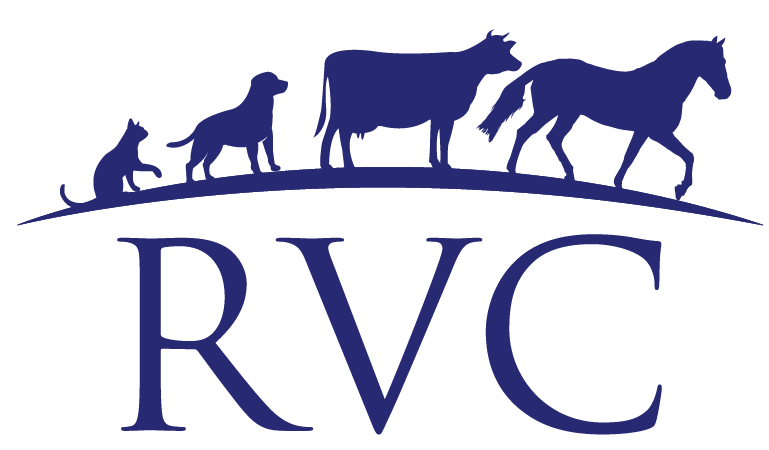Equine Herpes Virus associated abortion
Equine herpes virus (EHV) is a common virus that affects horses worldwide. There are nine forms of the virus, EHV 1 – EHV 9. EHV-1 causes (among others) inflammation of the blood vessels in the placenta, leading to abortion or weak foals that die soon after birth.
• Transmission
EHV is spread by direct contact between horses and via contaminated gear, tack or surroundings. It can survive in the environment for up to 1 month. It is also transferred via droplets in the air, when an infected horse sneezes or coughs. The droplets can travel up to 50 metres. When a mare has aborted due to EHV 1 infection, the amniotic fluid, foetus and the membranes will also contain a high concentration of virus.
• Symptoms
Abortion due to EHV 1 is usually unexpected and without any previous symptoms. Mares carrying the virus do not show any prior signs of infection (asymptomatic carriers) and there is no way of testing for the virus in the mare to know if she has been exposed/infected or not. Abortion occurs most often in late pregnancy (7+ months), but can occasionally happen as soon as 4 months. It can be just an isolated abortion, but may also lead to devastating outbreaks of disease, so called ‘abortion storms’.
• Incubation period
Abortions may occur from two weeks up to several months after the mare has been exposed.
• Diagnosis
After an abortion, the virus can be detected by taking a swab from amniotic fluid or from the mares genital tract. In addition to this, biopsy samples from the aborted foetus and the foetal membranes can be send in for testing.
• Prevention
There is a vaccine is available against EHV-1 abortion in mares. Given we have no way of knowing if a mare is infected or not vaccination is the safest way to protect the pregnancy. Multiple vaccinations will have to be given throughout the pregnancy to protect the mare and foetus.
Additionally, there are several precautions to take around your pregnant mare. Make sure she doesn’t come in contact with horses from other properties and keep her away from any sick horses. If there are sick horses on the premises, make sure to isolate them and thoroughly clean any gear that has been used for them.
For information on vaccinating your mare against EHV 1, please call the clinic on: (03) 313 7438

